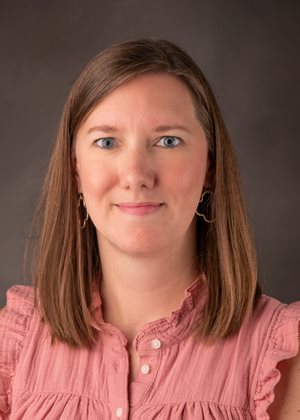The new article feature's the university's approach to bringing people together in the wake of difficult events for discussions and to foster broader understanding.
Elon University’s focus on fostering civil dialogue in the wake of difficult domestic and global events is featured in a new article in Town & Country that highlights campuses that are taking a thoughtful approach tom their efforts to promote discussion and understanding.

The article, “Um, Can We Go Back to Class Now?,” follows incidents at a host of colleges and universities after the attacks on Israel on Oct. 7 that were marked by confrontations that at times became violent. Reporter Nicole Laporte notes that “not all American universities have caught fire,” and included Elon among those who are taking what she called a “nuanced and thoughtful approach.”
Laporte spoke with Associate Professor of Political Science Carrie Eaves, who serves as the university’s faculty fellow for civic engagement. Eaves shared that in 2014 Elon established a program to set up rapid response panels to discuss timely and controversial issues in the news. That initiative followed the shooting death of Black teenager Michael Brown by a white officer in Ferguson, Missouri, which set off unrest and violence far beyond the town where it occurred.
That initiative continues a decade later, and prompted a response in the wake of the Oct. 7 attacks. It’s part of Elon’s broader focus on civic engagement.
From the article:
Rather than having professors present from the stage, it was decided that something more interactive was necessary. The result was a series of roundtables, in a so-called “world café” format, in which small groups of students sat for mini-sessions with a faculty member from a particular field of relevant expertise—Middle Eastern Studies or Judaism or political science—and then rotated to the next table for another discussion. Eaves and her colleagues expected that maybe a dozen or two dozen students would show up to the workshops. In the end there were more than 200. “We were pulling out every additional chair we could find and cramming more chairs around tables as quickly as possible,” she (Eaves) says.
“I spoke to a lot of students afterward, and they really appreciated the ability to ask questions in a smaller, more intimate format. They were just sitting around tables talking to a faculty member—in some cases faculty members partnered up—and had a chance to ask questions in a sort of lower-stakes environment. Not grabbing a mic in front of 200 people to ask a question.”
Read the full article to learn more.


